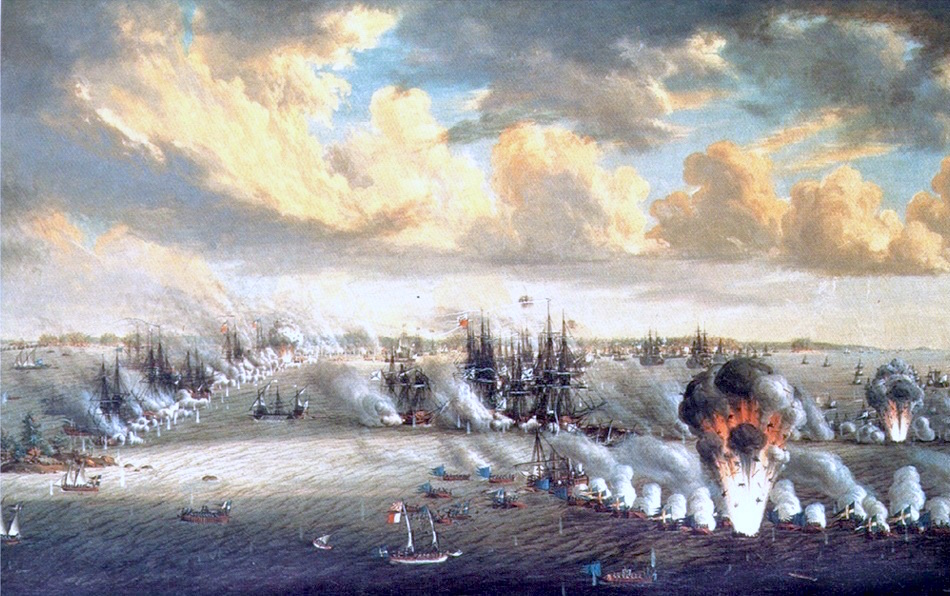The Resource Nexus: Global Flows, Military Supplies and State Capacity in the Baltic Region, 1740-1815
About this project
Project information
Project status
In progress 2022 - 2024
Contact
Research subject
Research environments
Most studies on the organization of warfare during the early modern period have focused on military actions, revenue-raising institutions and the political processes within the warring states. Scholars have concentrated less on how states spent their resources and what consequences the spending had in different European societies. Since the procurement of supplies for military needs constituted such a large share of the expenditure, it can provide us with important information about the building of state capacity and the development of markets. The research objective of this project is to use a global history approach to investigate how these procurement systems functioned and the impact they had on European societies. The project aims to answer the following questions: how were the relationships between states and government contractors for military supplies in the period 1740-1815 organized in the Baltic region, and what were the economic and political consequences of these relationships. The project will examine the Prussian and Swedish states. The two states are nodes in the project, but they are not viewed as systems in themselves. Instead they participated in much larger exchange networks along with actors such as merchants in Amsterdam, Danzig and Riga. Thus, the project will focus on the flows of capital, information and goods between the different nodes in the Baltic region. This will lead to new important knowledge about the growth of state capacity and markets.
Researchers
Collaborators
- Oleksandr Turchyn, Uppsala universitet
- Peter Ericsson, Uppsala universitet

